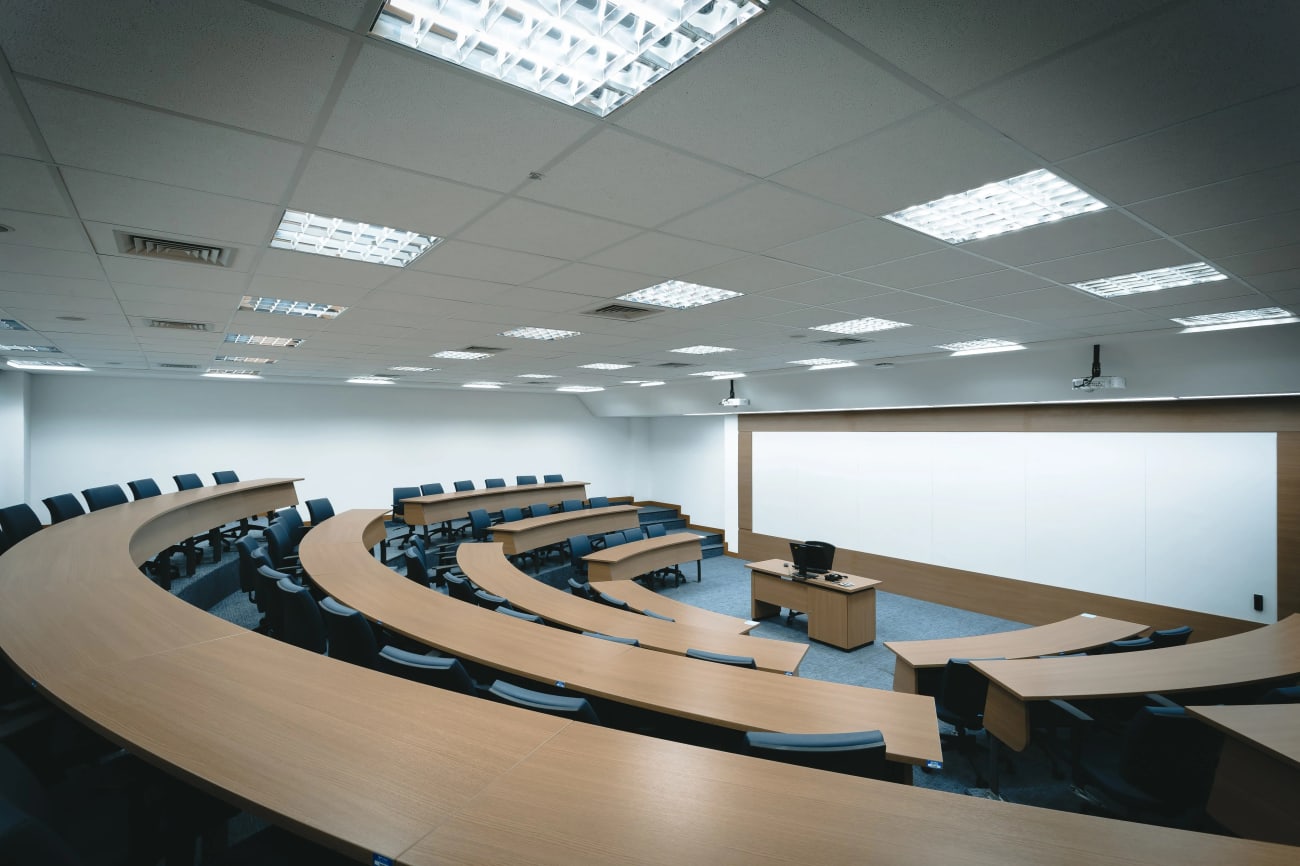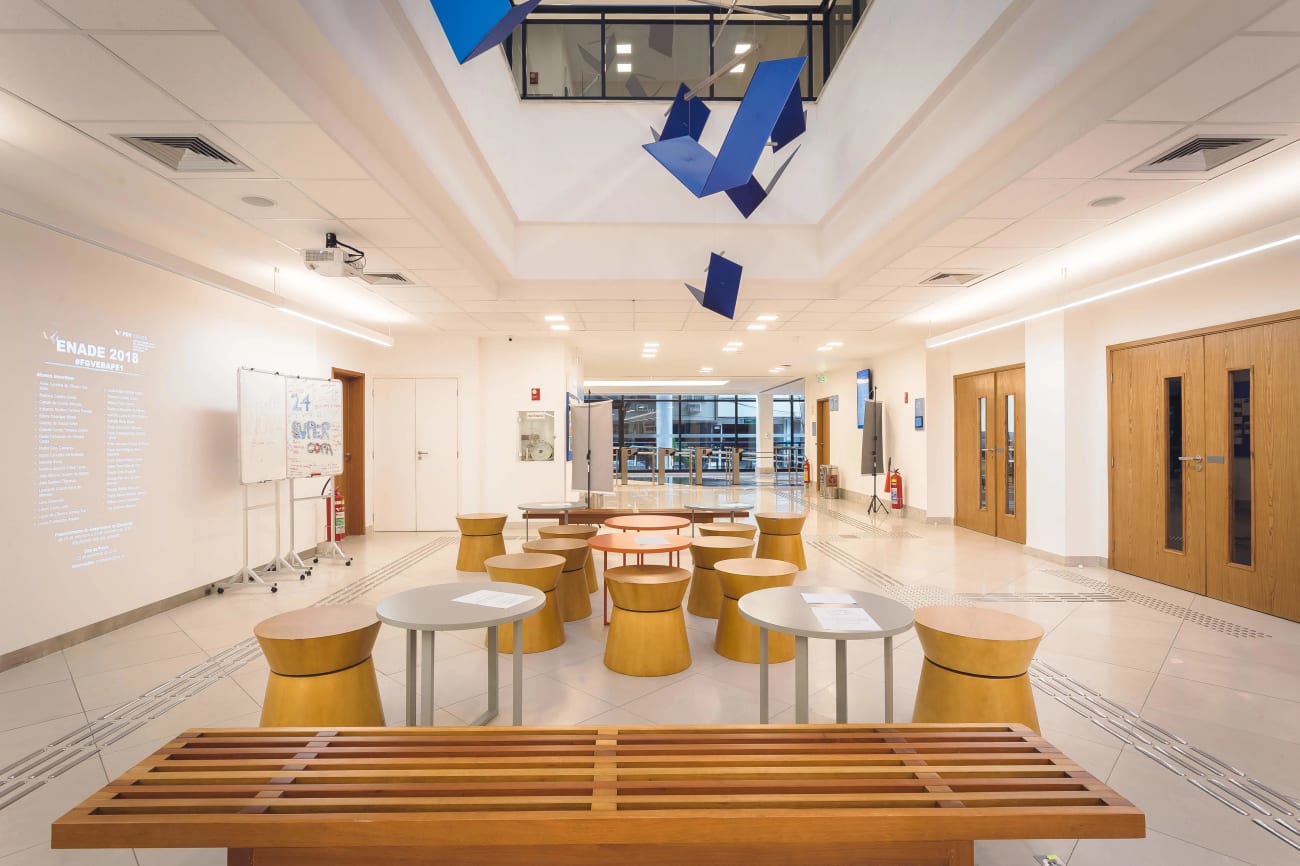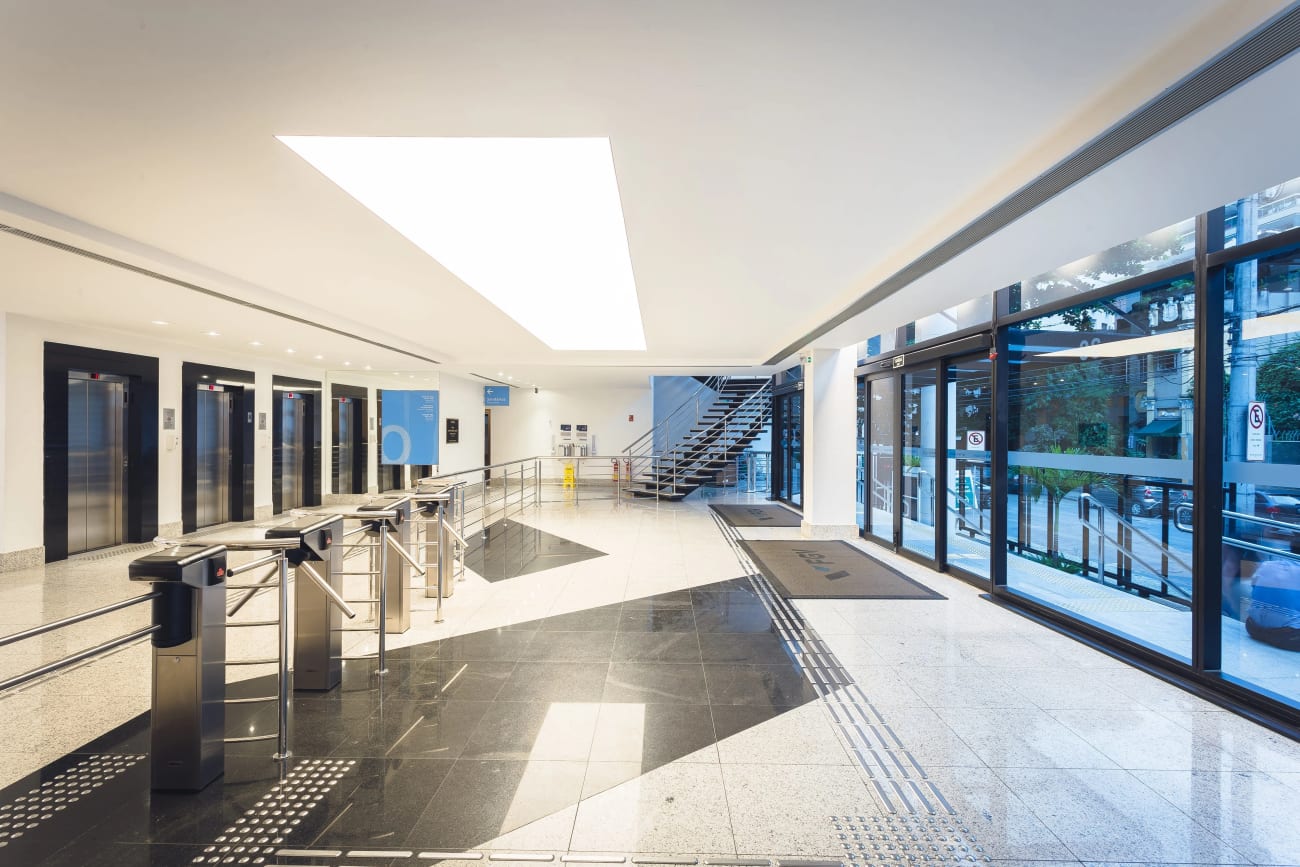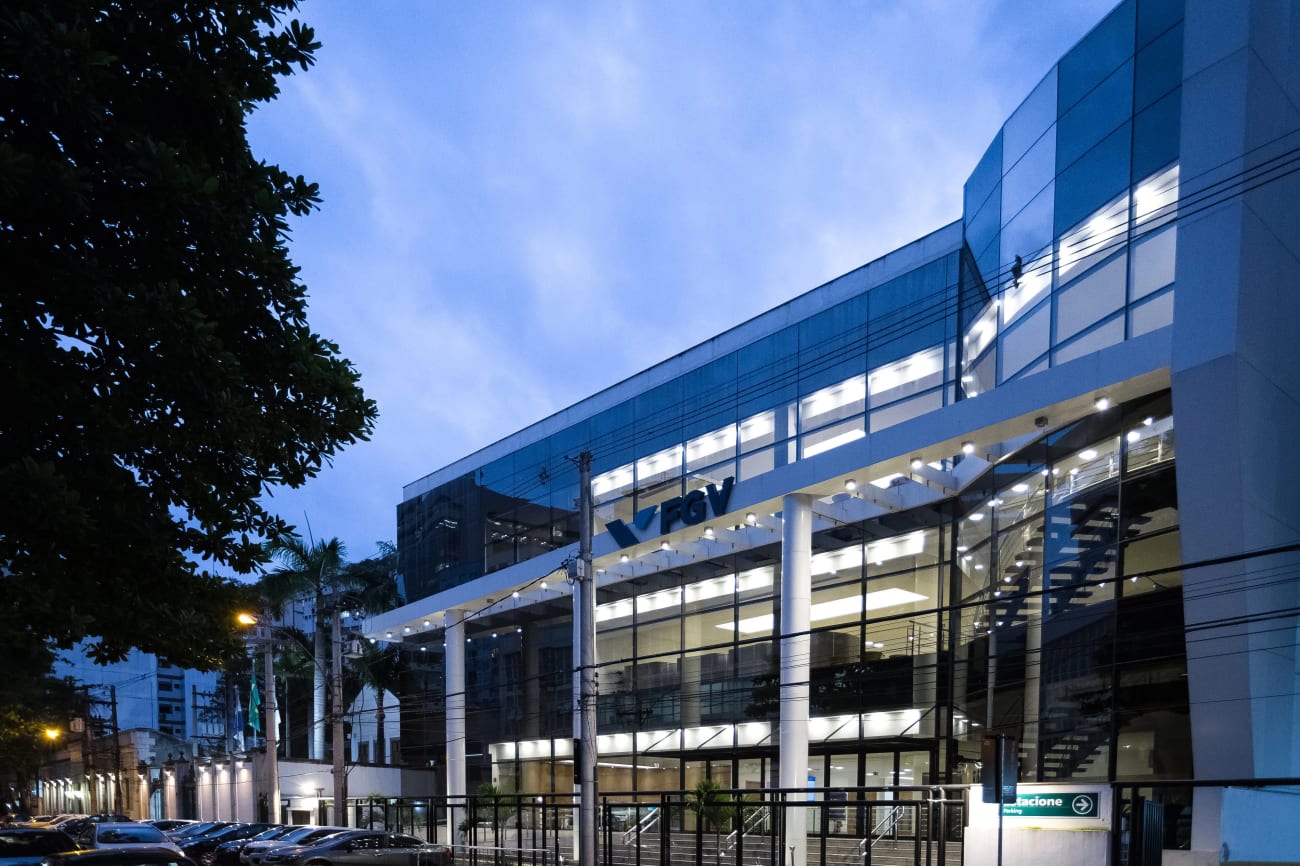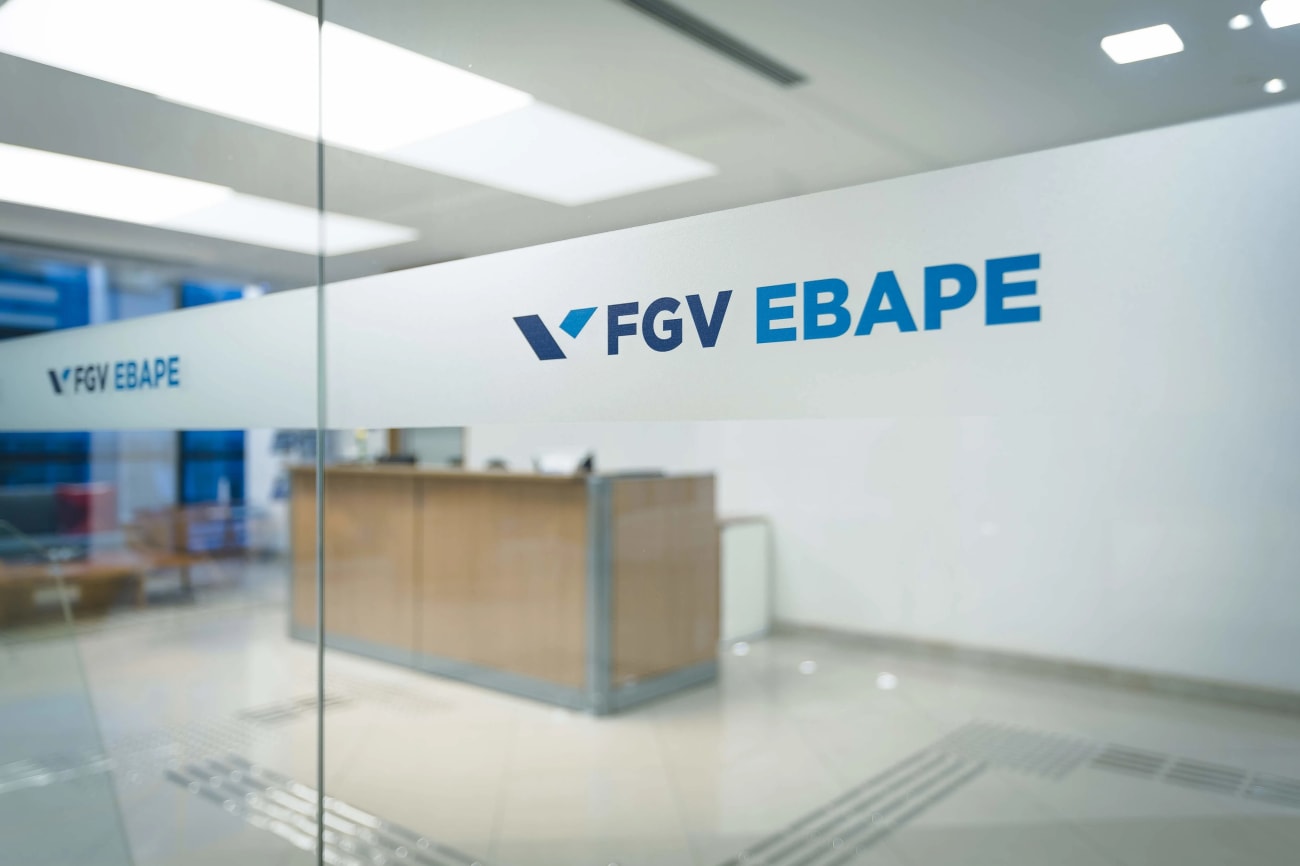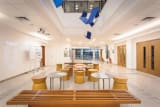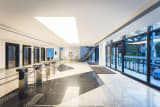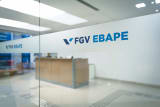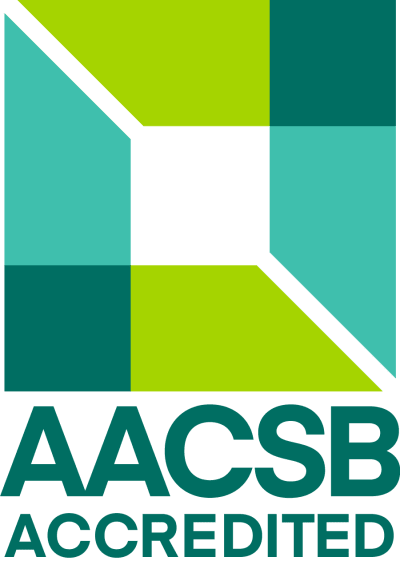The technology structure offered to students by the FGV EBAPE is compatible with his academic excellence. Its IT laboratories are equipped with scientific software, complete with LCD displays, DVD reader/recorders, and a printout pool, all available for use during the opening hours of the premises, except when the laboratories are being used for practical courses.
This Business School also offers Wi-Fi Internet access and a well-qualified helpdesk staff providing support and clearing up computer-related difficulties for students and faculty.
Its air-conditioned classrooms can each seat around fifty students, while the Getulio Vargas Foundation also offers five auditoriums that can host events, seminars, workshops and classes.
Location
City: Rio de Janeiro
Brazil’s most famous city, Rio de Janeiro is famed worldwide for its strong and promising economy. With a population of over fifteen million forming the second-largest market in Brazil, it offers advantageous conditions for corporate newcomers and appreciates fresh investments. But none of these benefits can outweigh its tourism potential: every year, it welcomes thousands of visitors from all over the world, drawn to its beautiful beaches and other natural attractions, including Carnival, and above all the vivacious hospitality of its people.
FGV EBAPE
The modern building is comprised of three floors and a basement with a total area of five thousand four hundred square meters (equal to almost sixty thousand square feet). The space can accommodate 616 students and offers 120 study areas. The building offers a modern large student lounge at the entry-level; two Harvard–style lecture theatres seating up to 70 people, and five large classrooms – each accommodating 48 students – with fixed seating and desks that are arranged in a traditional row layout.
FGV main building
Located in the South Zone of Rio de Janeiro, the FGV overlooks one of the world’s most famous and breathtaking views: the Sugarloaf. Inaugurated on December 20, 1968, its headquarters were designed by one of the most influential names in modern international architecture: Brazilian Oscar Niemeyer.
The main FGV building faces the Enseada de Botafogo cove with a shorefront bicycle path and green areas that are ideal for walks and other outdoor activities.
Close to long-established neighborhoods such as Copacabana, Flamengo, Humaitá, Jardim Botânico, Urca, Catete and Gloria, as well as the downtown CBD, it is surrounded by hostels and hotels, bars, malls and stores, subway stations and bus lines, as well as office buildings housing the head offices of major Brazilian and multinational corporations.
Research centers
CBR
The Center for Behavioral Research (CBR) relies on interdisciplinary behavioral research to better understand how economic, environmental and social forces influence decision-making in areas of interest to businesses, governmental and non-governmental entities, and policymakers.
CBR’s mission is to enhance social welfare through behavioral research.
Using insights from the behavioral sciences, we identify, design, and test the effectiveness of interventions aiming to address a significant social problem.
CBFR
The Center for Banking and Finance Research in Rio (CBFR) promotes cutting-edge international research in the areas of banking and finance and serves as a forum for knowledge transfer and collaboration between academics and practitioners. The CBFR aims at achieving these goals by cooperating with internationally leading researchers in the areas of banking and finance from schools in Asia, Europe, Latin America, and the US.
The research questions that are investigated by the researchers of the CBFR cover broad areas of banking and finance such as the functioning of credit markets, the importance of banking for economic development or the interplay between financial and banking regulation, and the quality of financial and banking services. To discuss these research questions and disseminate the results of the research projects, the CBFR publishes a newsletter and a working paper series, offers fellowships and a visitor program, and organizes research seminars, workshops, international conferences, and policy events.
ARC A&A
The ARC-A&A – Applied Research Center in Accounting and Analytics has the mission to develop and disseminate knowledge in accounting and data analysis.
In this sense, we develop applied research seeking to solve real problems in the areas of planning, budgeting, accounting, auditing and data analysis; we work in cooperation with similar internationally recognized research centers; we prepare research reports to be published in the main academic journals in the area; and we prepare white papers to influence policymakers, standard-setters and regulators.
CECIN
The Center for Competitiveness and Innovation Studies (CECIN) is an initiative of the Brazilian School of Public and Business Administration of Fundação Getulio Vargas (FGV EBAPE). It develops applied research on competitiveness and innovation, fostering cooperation of projects with researchers and public and private organizations nationally and internationally.
The general objective of the Center for Competitiveness and Innovation Studies is to become a Brazilian and Latina American reference in applied research in the fields of competitiveness, efficient public management, economic studies, public and business innovation, creative industries, and the experience economy.


